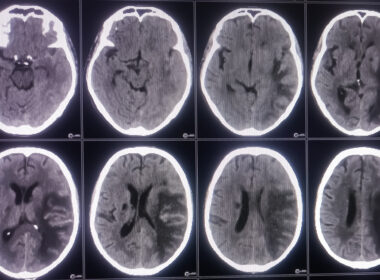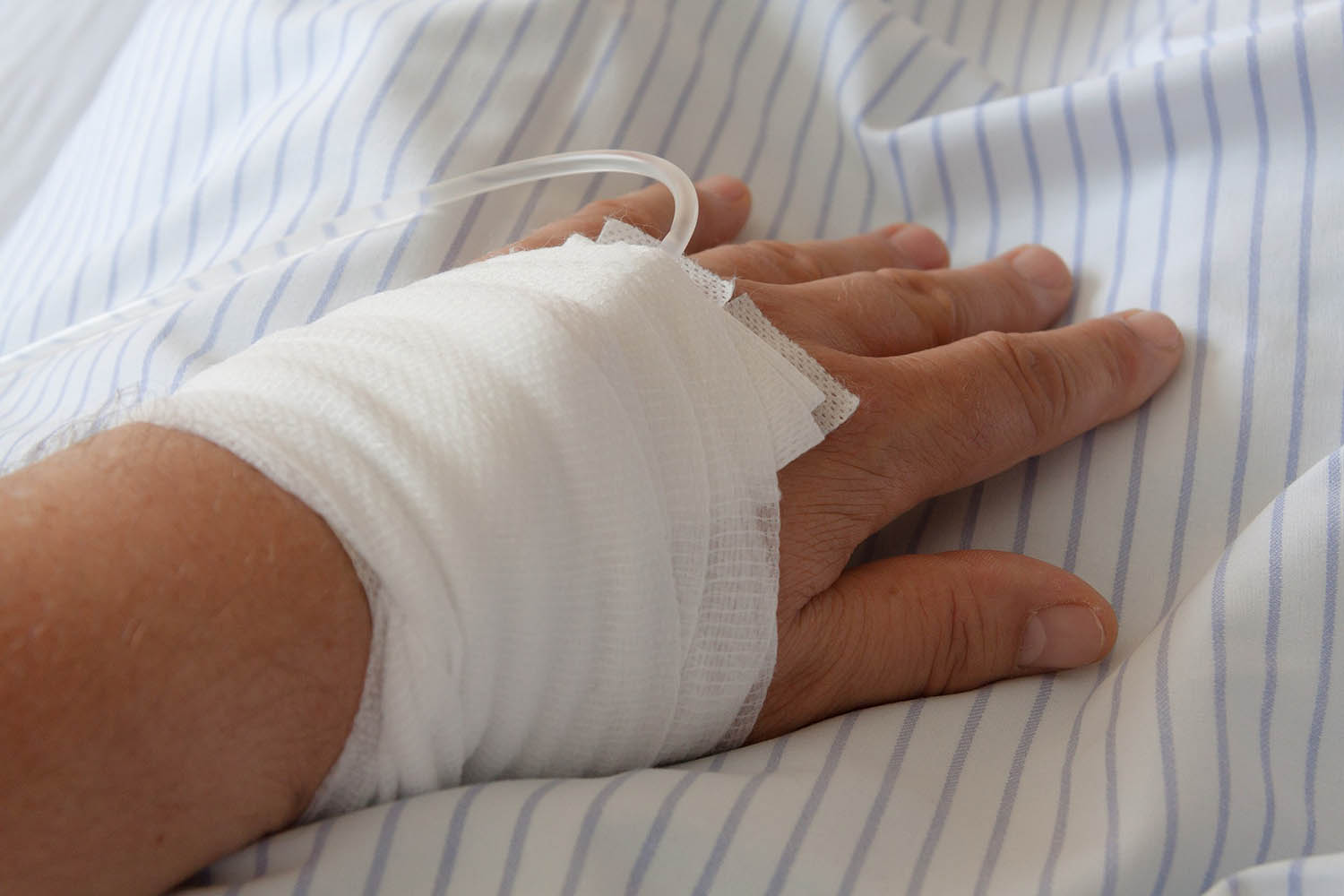Post-operative care refers to the medical treatment a patient receives after a surgical operation or procedure, such as nursing/medical monitoring and consultations.
Post-operative care starts as soon as your surgery is over, and it typically ends when your healthcare provider decides to no longer conduct any follow-up treatment or check-ups.
Post-operative medical negligence occurs when an issue or complication arises after your surgery has finished, due to your doctor’s deviation from a standard of care. Medical negligence during post-operative care can result in severe consequences, such as delayed recovery and an increased risk of infection.
During post-operative care, your healthcare provider must monitor your vitals to prevent infection and the development of serious complications, conduct proper medical exams, and make sure you’re recovering appropriately after a surgical procedure.
As a patient, it is important for you to know that your doctor owes you a duty of care even after your surgery is complete and all the way until your post-operative care has concluded.
Although the extent of your post-operative care can vary greatly depending on the type of surgery you had, it’s always your doctor’s responsibility to monitor your condition. If you have suffered harmful injuries as a result of your doctor’s negligence in post-operative care, you may be a victim of medical malpractice.
Types of Post-Operative Care Errors
After any type of surgery, you may be in an extremely fragile state, making you vulnerable to infection and other dangerous complications. In order to catch any signs of infection and to ensure you’re recovering successfully, your healthcare provider must appropriately monitor your condition. Common types of post-operative care errors include:
- Failure to monitor your vitals (i.e. respiration, pulse)
- Failure to analyze test results (i.e. blood tests)
- Failure to provide a sterile environment
- Inappropriately distributing medical drugs (i.e. painkillers)
- Failure to provide follow up instructions for post-operative care
- Failure to routinely change your bandages
- Failure to regularly clean your surgical site
- Failure to check for signs of infection (i.e. discoloring, inflammation, or increased drainage at the surgical site)
The post-operative errors mentioned can have severe consequences for your health and possibly worsen your condition. For instance, if your doctor fails to provide you with proper follow-up instructions after surgery (such as directions regarding medications, information for check-ups and additional treatment, and what to avoid to ensure recovery), you may suffer from harmful injuries and have a prolonged recovery.
If you have suffered from injuries due to an error during post-operative care, you should talk to a medical malpractice attorney to learn more about your case.
Effects of Post-Operative Care Errors
Medical care continues after your surgical procedure, and negligence in post-operative care can result in severe damages to your health and condition.
Infection
Unfortunately, the most common result of post-operative negligence is infection. Because your body is extremely vulnerable after surgery, it’s easy for infection to set in if your healthcare provider doesn’t monitor your condition. Moreover, a lack of medical attention during your post-operative care – such as failure to monitor your vital signs and routinely clean your surgical site – can lead to infection and further complications.
Although most hospitals are perceived to be extremely sterilized environments, that’s not always the case if healthcare providers don’t follow standard sanitary protocols – such as washing their hands and wearing gloves when necessary. In hospitals, infections such as staph infections (infections caused by bacteria typically found on the skin which often presents itself through blisters/boils) or other bacterial infections can seriously worsen and endanger your condition, especially after surgery (see hospital infections).
Because your body is more prone to infection after surgery, your healthcare provider must routinely monitor and clean your surgical site, along with checking your vitals and ensuring you’re in a sterile environment.
If your health care provider fails to take the appropriate measures mentioned above, infection is likely to set in, and your health may be compromised due to your doctor’s error.
Sepsis
An infection in the area of your surgical site can spread and eventually result in sepsis, a generalized bacterial infection that enters your bloodstream and can lead to multiple organ failure. Sepsis is a rare, but life-threatening condition, and one of the most dangerous results of negligence in post-operative care.
If your healthcare provider fails to closely monitor and observe your condition after surgery, they are likely to miss the early signs of an infection, which could lead to sepsis and cause your organs to shut down. Thus, appropriate post-operative care is essential to ensure that you’re recovering properly and safely.
Blood Clots
Another common result of negligent post-operative care is blood clots. Certain surgeries require patients to lie in a certain position for an extended amount of time, and some patients are unable to walk right after surgery. For patients that may not be on their legs for long periods of time after surgery, healthcare providers must prevent blood clots in the legs.
This type of post-operative care includes distributing compression stockings, providing appropriate medications, and (depending on the patient) encouraging some light exercise as part of the recovery process.
If your healthcare provider fails to take the correct measures to prevent blood clotting, you may develop deep vein thrombosis (DVT), a medical condition that involves blood clots in the deep veins of the legs or pelvis. Blood clots can quickly become a life-threatening condition, as they can lead to heart attacks, stroke, and pulmonary embolisms.
Talk to an Attorney
If you believe you might be a victim of negligent post-operative care, you should speak to an experienced surgical errors attorney to learn more about your case.
In other words, if you or a loved one have suffered from injuries due to an error made in post-operative care, you may be eligible for compensation.












